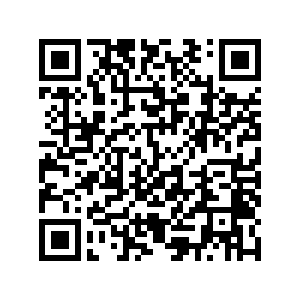by Olatunji Saliu
ABUJA, May 21 (Xinhua) -- Nigeria's central bank on Tuesday further raised the benchmark interest rate, pushing it by 150 basis points to 26.25 percent, in a move to combat the country's persistent inflation.
This latest hike marks a continuation of Nigeria's aggressive monetary tightening strategy aimed at stabilizing the economy. It is the third consecutive one this year, since February, to raise the baseline interest rate known as the monetary policy rate.
Yemi Cardoso, governor of the Central Bank of Nigeria, who chairs the Monetary Policy Committee, told the media at the end of a meeting in the capital of Abuja that the key focus of the committee remained to achieve price stability by effectively using tools available to the monetary authority to reign in inflation.
While the cash reserve ratio was retained at 45 percent, the liquidity ratio was retained at 30 percent.
Local experts say the decision to raise the interest rate is expected to have wide-ranging implications across various sectors of the economy.
Uche Uwaleke, a capital market expert, told Xinhua that the latest hike in the monetary policy rate would most likely have an adverse consequence on the equities market, given the inverse relationship between interest rates and equities market returns.
"This has the potential of triggering portfolio rebalancing in favor of fixed-income securities," he said, adding that the over-reliance on the monetary policy rate as a tool to tame inflation had not so far appeared to "make any meaningful impact due to the significant non-monetary factors driving inflation in Nigeria."
Chijioke Ekechukwu, an economic expert, also opined that a continuous increase of the monetary policy rate may not control inflation but rather continue to increase it, as the cost of funds will rise.
"This will ultimately be borne by consumers through higher prices of goods and services. There are other drivers of inflation, which are not within the control of the monetary policy," he said.
Nigeria's headline inflation rate rose to 33.69 percent in April, compared to 33.20 percent in the previous month, according to the latest data from the National Bureau of Statistics. ■
